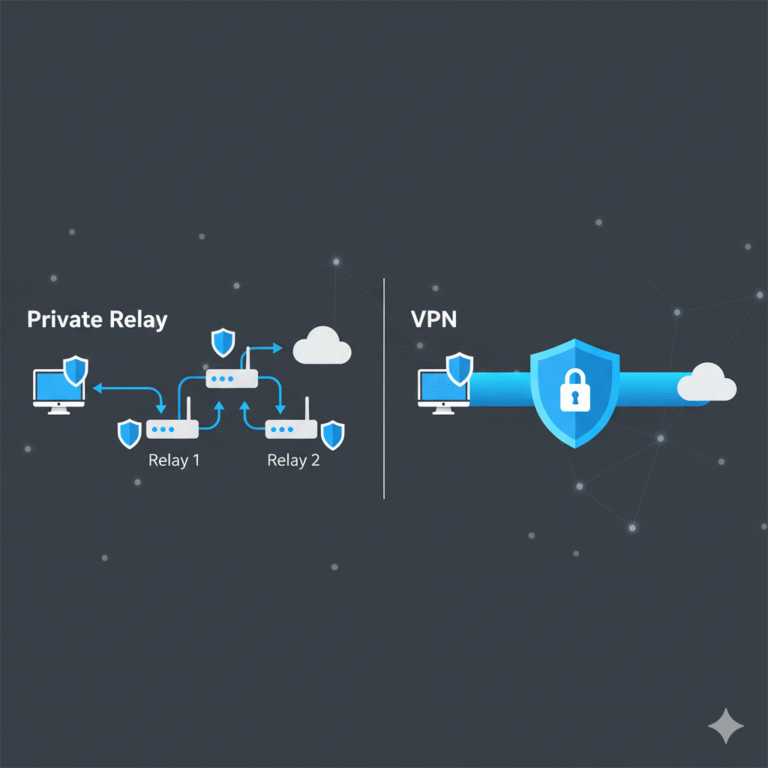FanDuel is one of the leading U.S. sportsbooks, but access is tightly restricted by state laws and strict geolocation checks. Many users ask whether they can get around these limits with a VPN. This guide explains the truth about how to use FanDuel with a VPN, what competitors often get wrong, the risks you need to know, and the safer alternatives for travelers or new residents.
What Does FanDuel Actually Check to Verify Your Location?
Unlike basic websites that only check your IP address, FanDuel relies on GeoComply, a regulatory-grade geolocation service used by sportsbooks across the U.S. This technology cross-checks multiple signals:
- Public IP address – where your internet connection appears to be.
- GPS data (on mobile) – your device’s real physical location.
- Wi-Fi and network triangulation – nearby SSIDs and access points.
- Device checks – such as time zone, cookies, or even RDP/virtualization detection.
This means that even if you mask your IP with a VPN, mismatched GPS or Wi-Fi data will still cause FanDuel to block access. FanDuel’s own support documentation explicitly advises users to disable VPNs to pass checks.
Is Using a VPN With FanDuel Legal or Allowed?
Here’s where things get tricky:
- Sports betting legality is state-based. As of early 2025, 38 states plus D.C. allow legal sports betting, but laws vary. American Gaming Association Map
- FanDuel’s terms of service prohibit unlawful use or attempts to bypass compliance.
- Practical risk: Trying to spoof your location with a VPN can lead to failed bets, frozen accounts, or even bans.
✅ If you’re in a legal state physically: You should disable your VPN to pass FanDuel’s location checks.
❌ If you’re in a non-legal state: Using a VPN won’t make it legal—it’s still against FanDuel’s terms and state regulations.
For a deeper dive, see our related guide: Can You Use FanDuel With a VPN? What to Know in 2025.
How to Use FanDuel With a VPN (What Blogs Say vs. Reality)
Many VPN blogs suggest a simple trick: “Just connect to a server in New Jersey or Pennsylvania, clear cookies, and log in.” While this advice helps them sell VPN subscriptions, it ignores key realities:
- GeoComply detects VPN/proxy use and cross-references with GPS/Wi-Fi.
- Dedicated IP VPNs may avoid some blocklists but still fail GPS checks.
- Even if you bypass once, FanDuel re-verifies your location repeatedly during play—especially near state borders.
Bottom line: A VPN is more likely to block your access than enable it if you’re already in a legal market.
Safer, Compliant Ways to Access FanDuel
If you’re traveling or living in a legal state but running into errors, here’s the compliant troubleshooting route:
- Disable VPNs, proxies, or RDP sessions.
- Enable Precise Location on your device (iOS/Android).
- On desktop, install or repair the GeoComply plugin.
- Restart your device and log back in.
- If still blocked, clear cache/cookies and try a new network.
➡️ FanDuel provides step-by-step location troubleshooting tips that work better than VPN hacks.
For comparison, you can also check: How to Use PrizePicks With VPN — another fantasy sports platform with similar geolocation policies.
Why Operators Care About Geolocation
Sportsbooks don’t just block VPNs to frustrate users. They face strict state-level regulations:
- Operators are audited to prove compliance.
- Regulators require location-proof beyond IP address.
- GeoComply processed 122 million+ checks during a recent Super Bowl weekend, highlighting the scale of enforcement.
With U.S. sports betting revenues up 24.8% in 2024 (AGA data), regulatory scrutiny is higher than ever.
Common Mistakes When Using FanDuel With VPNs
- Using a VPN in a legal state (actually prevents access).
- Assuming IP-only spoofing works (GPS/Wi-Fi override it).
- Forgetting to disconnect from a work RDP or corporate VPN.
- Believing a “dedicated IP” is undetectable.
- Trying free VPNs—slower, widely blocked, and often insecure.
Instead, review guides like How to Turn Off VPN Mac in Seconds to ensure your connection is clean before launching FanDuel.
Pros & Cons of VPN Use With FanDuel
Pros (outside betting sessions):
- Better privacy on public Wi-Fi.
- VPNs protect general browsing data.
- Some users claim success while traveling (inconsistent).
Cons (for FanDuel betting):
- FanDuel and GeoComply actively block VPN/proxy use.
- Risk of account holds or voided wagers.
- Doesn’t change state legality—you must be physically present.
For broader comparisons, check AirVPN vs NordVPN: Which VPN Offers Better Security & Speed?.
FAQs About FanDuel & VPN Use
Does FanDuel work with a VPN?
Not reliably. GeoComply often detects VPNs and blocks access. FanDuel advises disabling VPNs for location checks.
Is it illegal to use a VPN on FanDuel?
VPNs are legal tools, but spoofing your location to place bets in a restricted state can violate FanDuel’s terms and state law.
Why do I see “Restricted Location” in a legal state?
VPNs, RDPs, or disabled GPS cause false negatives. Disable VPN and enable precise location.
Can I withdraw money from FanDuel while out of state?
Usually, yes—but placing or cashing out bets requires being in a legal state.
Does a dedicated IP VPN work with FanDuel?
Not reliably; GeoComply uses more than IP checks.
For related topics, see: Can I Use a VPN for FanDuel – Legal Access Guide
Final Thoughts
The reality is clear: while many blogs claim you can easily spoof FanDuel with a VPN, the system is designed to catch exactly that behavior. If you’re physically in a legal state, the best move is to disable VPNs and let GeoComply verify your location. If you’re not, no VPN will change the law.
For safer VPN use outside betting, explore our in-depth reviews:
- NordVPN Review: Top Features & Performance in 2025
- ExpressVPN Review – Tested in 2025
- Surfshark Review 2025
✅ Key Takeaway: A VPN is great for privacy, but not for bypassing FanDuel’s geolocation. If you want smooth betting, stick to compliant, legal access.



